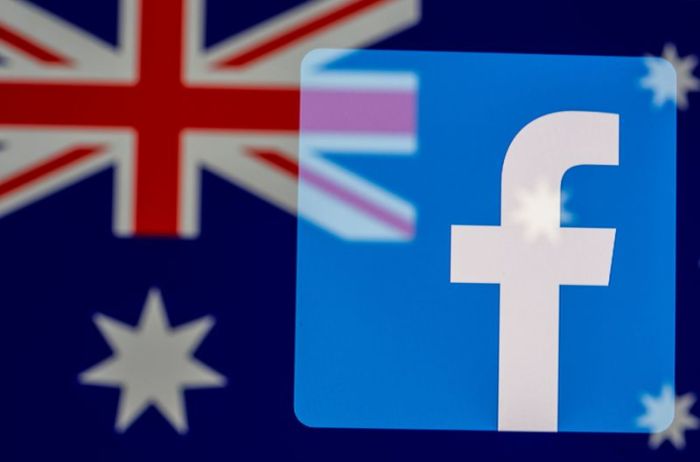LONDON (Reuters) -A surge in fraud attacks on consumers since the pandemic has become a ‘national security threat’ for Britain, requiring government-coordinated action across industries, banking lobby group UK Finance has warned.
Financial fraud has rocketed during the pandemic as more consumers shop online and try digital banking and investing.
The UK Finance warning came as British lawmakers on Wednesday criticised bosses at Facebook, Alphabet Inc’s Google, Amazon and eBay for not doing enough to prevent the spate of online scams.
Criminals stole 754 million pounds ($1.03 billion) through bank frauds in the first half of this year, up 30% on the same period in 2020, the lobby group said in a report.
Bank losses from authorised push payment (APP) fraud – where a customer is tricked into a payment by a criminal – also leapt 71% in the first half, overtaking the amount stolen through card fraud for the first time, UK Finance said.
Lenders have been pushing for tougher action on fraud by the government, regulators and other industries including online platforms exploited by fraudsters to target victims, as they grapple with a wave of increasingly sophisticated attacks.
The report found 70% of APP scams originated on an online platform and also found an increase in online adverts targeting people as young as 14 to become “money mules” for illicit funds.
UK Finance called for government-coordinated action across sectors and for all economic crime to be covered by a planned Online Safety Bill, which currently excludes online advertisements.
“The level of fraud in the UK is such that it is now a national security threat,” Katy Worobec, managing director for economic crime at UK Finance said in the report. “The banking sector cannot solve this on its own.”
‘MAKING A MOCKERY’
Lawmakers on Britain’s Treasury Select Committee told tech company bosses during a hearing on economic crime that the problem had got out of hand, accusing them of enabling fraud.
“Google’s made a mockery of the regulator of this country, by expecting the regulator to take down fraudulent stuff on the site, and have to pay for it,” lawmaker Rushanara Ali said.
Google has offered the Financial Conduct Authority (FCA), Britain’s regulator, $1.5 million in advertising credits to help cover the cost of fraud awareness campaigns.
“We want them to take up those ad credits,” Amanda Storey, Google’s director of trust and safety for Europe, the Middle East and Africa, said. The tech firm intends to offer $3.5 million of advertisement credits to other scam awareness campaigns.
Google has prohibited investment ads that are not FCA-authorised – including for gold and cryptocurrencies – since Sept. 6 this year, Storey added.
The tech firms said they were investing in fraud prevention and collaborating with the government and regulators.
“We’re actually the first line of defence, rather than an enabler,” Gaon Hart, head of public policy for customer trust at Amazon UK & Ireland said.
Neither Google nor Facebook were able to say if they had ever compensated customers for losses from fraud, though Amazon said it had.
($1 = 0.7328 pounds)
(Reporting by Iain Withers; Editing by Emelia Sithole-Matarise)























